IUI in Spain: Understanding Costs, Success & What's Included
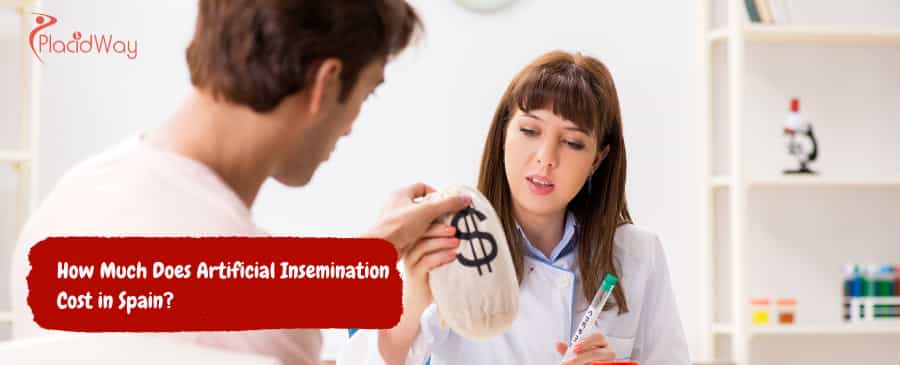
Welcome to our comprehensive guide on the cost of artificial insemination in Spain. If you're exploring fertility treatment options, understanding the financial aspects is a crucial step. Spain has become a popular destination for fertility treatments, including Artificial Insemination (AI), also widely known as Intrauterine Insemination (IUI), due to its advanced medical facilities, experienced specialists, and competitive pricing compared to many other Western countries. This guide aims to provide a clear and detailed breakdown of what you can expect to pay for artificial insemination in Spain, covering various factors that influence the overall cost. We'll delve into the different types of AI, what's typically included in the price, and important considerations to help you plan your fertility journey.
How much does Artificial Insemination (IUI) cost in Spain?
What is included in the cost of Artificial Insemination in Spain?
-
Initial Consultation and Assessment: This involves a thorough review of your medical history and preliminary fertility tests for both partners (if applicable). Many clinics offer a free initial consultation, especially for international patients.
-
Ovarian Stimulation Monitoring: This includes ultrasound scans and sometimes hormone blood tests to monitor follicular growth and determine the optimal time for insemination.
-
Sperm Preparation (Capacitation): The process of washing and concentrating the sperm sample to select the most motile and healthy sperm for insemination.
-
The Insemination Procedure: The actual process of depositing the prepared sperm directly into the uterus.
-
Pregnancy Test and First Ultrasound: A blood test to confirm pregnancy, followed by an early ultrasound if the test is positive.
It's important to clarify with your chosen clinic if medications, additional tests, or any follow-up appointments are included or charged separately.
How do IUI costs with partner sperm compare to donor sperm in Spain?
-
IUI with Partner Sperm: This is the more economical option, usually ranging from €600 to €800 per cycle. It's suitable for couples where the male partner has a good sperm count and motility, or for situations where natural conception is hindered by other factors such as mild male factor infertility or ovulation issues.
-
IUI with Donor Sperm: This option is priced higher, typically between €1,000 and €1,800 per cycle. It's chosen by single women, lesbian couples, or heterosexual couples where the male partner has severe male factor infertility (e.g., azoospermia) or a genetic condition they wish to avoid passing on. The cost includes the acquisition of a carefully screened donor sperm sample.
Always inquire about the specific donor sperm costs, including any potential options for selecting donor characteristics, as these can sometimes influence the final price.
Are fertility medications included in the cost of Artificial Insemination in Spain?
These medications are often necessary to stimulate ovulation and optimize the chances of success.
-
Oral Medications: Less expensive, such as Clomiphene Citrate, often costing around €20-€50 per cycle.
-
Injectable Hormones (Gonadotropins): More potent and thus more expensive, these can range from €100 to €300 or more per cycle, depending on the required dosage and brand.
It's crucial to budget for these medication costs, as they can significantly add to the overall expense of an IUI cycle. Your fertility specialist will discuss the recommended medication protocol with you during your initial consultation.
What factors influence the overall cost of Artificial Insemination in Spain?
-
Clinic Location: Clinics in major cities like Barcelona, Madrid, or Valencia might have slightly higher overheads, which could be reflected in their pricing compared to clinics in smaller towns.
-
Clinic Reputation and Success Rates: Highly reputable clinics with consistently high success rates or those offering specialized services may charge more. However, this often translates to a higher quality of care and potentially better outcomes.
-
Type of Sperm Used: As discussed, using donor sperm significantly increases the cost due to donor acquisition and processing fees.
-
Number of Cycles: Many patients require multiple IUI cycles to achieve pregnancy. While the per-cycle cost is fixed, the total expenditure increases with each additional cycle. Some clinics offer package deals for multiple cycles, which can be more cost-effective.
-
Additional Diagnostic Tests: Before starting IUI, certain diagnostic tests might be recommended, such as comprehensive fertility assessments, hysteroscopy, or advanced sperm analysis. These tests incur separate costs.
-
Complementary Treatments: Sometimes, clinics might suggest complementary treatments like acupuncture, nutritional counseling, or psychological support, which are not usually included in the basic IUI package.
-
Medication Costs: As highlighted earlier, fertility medications are an additional expense that can vary based on the protocol.
Is Artificial Insemination covered by health insurance in Spain?
-
Public Healthcare (Seguridad Social): The Spanish public healthcare system does offer fertility treatments, including IUI, but eligibility is usually subject to strict criteria, such as age limits (e.g., typically for women under 38 for IUI with partner sperm and under 40 for donor options) and specific medical conditions. There can also be significant waiting lists, which can be a concern for individuals with age-related fertility decline.
-
Private Health Insurance: Most standard private health insurance policies in Spain do not provide comprehensive coverage for fertility treatments. However, some higher-tier plans or specialized policies might offer partial coverage, discounts with affiliated clinics, or cover initial diagnostic tests. It's crucial to check your specific policy details or contact your insurance provider directly to understand what is covered. Many patients, especially international ones, opt for private clinics to avoid waiting lists and gain immediate access to treatment, paying out-of-pocket or through financing options offered by the clinics.
What is the average success rate for Artificial Insemination (IUI) in Spain?
The success rate of Artificial Insemination (IUI) in Spain, much like globally, is not guaranteed and varies significantly depending on several factors.10% to 20%
-
Female Age: Age is a crucial factor. Success rates are generally higher for women under 35 and tend to decline after 35, dropping more sharply after 40.
-
Cause of Infertility: IUI is most successful for mild male factor infertility, unexplained infertility, and ovulation disorders. Its effectiveness is lower for severe male factor infertility or significant fallopian tube issues.
-
Number of Cycles: The cumulative success rate increases with multiple cycles. Many clinics recommend 3-6 cycles of IUI before considering more advanced treatments like IVF.
-
Sperm Quality: The quality of the prepared sperm sample, whether from a partner or donor, plays a role.
-
Ovarian Response: A good ovarian response to stimulation medications improves the chances of success.
While 10-20% per cycle might seem low, IUI is still a valuable first-line treatment due to its lower cost and less invasive nature compared to IVF.
What are the alternatives to Artificial Insemination (IUI) in Spain and their costs?
-
In Vitro Fertilization (IVF): This is the most common and generally more successful assisted reproductive technology. In Spain, a single IVF cycle typically costs between €4,000 and €6,500. This usually includes ovarian stimulation, egg retrieval, fertilization in the lab, and embryo transfer. However, medications, genetic testing (PGT), and embryo freezing often incur additional costs.
-
IVF with Egg Donation: For women with poor egg quality, low ovarian reserve, or other specific conditions, IVF with egg donation is an option. Spain is a popular destination for egg donation due to its anonymity laws and availability of donors. The cost for IVF with egg donation usually ranges from €6,500 to €8,000, including the donor's compensation and screening, as well as the standard IVF procedure.
-
ROPA Method (Reception of Oocytes from Partner): This is a specific IVF technique for lesbian couples where one partner undergoes ovarian stimulation and egg retrieval, and her eggs are fertilized with donor sperm. The resulting embryos are then transferred to the other partner, who carries the pregnancy. The cost for the ROPA method is comparable to IVF with egg donation, often around €5,000 to €7,000.
-
Embryo Adoption: This involves using embryos donated by other couples who have completed their family. It is generally less expensive than IVF with egg donation, with costs typically ranging from €1,700 to €3,000.
-
Natural Cycle Monitoring and Timed Intercourse: For some couples with very mild fertility issues, simple monitoring of the woman's natural cycle and advising on timed intercourse can be a less invasive and significantly cheaper option. This primarily involves consultation fees and possibly ovulation predictor kits.
-
Lifestyle Changes and Supplements: For certain cases, optimizing lifestyle factors (diet, exercise, stress reduction) and specific fertility supplements might be recommended before or alongside medical interventions. These costs vary widely based on individual choices.
The choice of treatment depends on a thorough fertility assessment and discussion with your specialist about the most appropriate and effective path for your specific situation.
Are there financing options available for Artificial Insemination in Spain?
-
Installment Plans: Clinics often provide the option to pay for the treatment in several installments, spreading the cost over a period. This can make it more manageable for individuals or couples.
-
Package Deals: For patients who may require multiple cycles, some clinics offer discounted package deals for 2 or 3 IUI cycles. While a larger upfront cost, it can be more cost-effective than paying for individual cycles if multiple attempts are anticipated.
-
Third-Party Financing: Some clinics partner with external financing companies that specialize in medical loans. These companies can offer more flexible repayment terms.
-
Free Initial Consultations: Many clinics, particularly those catering to international patients, offer a free initial consultation, often via video call. This allows you to discuss your case and get a personalized quote without any upfront financial commitment.
It is always recommended to inquire directly with the clinics about their specific financing options and payment terms.
What is the average cost of fertility consultations in Spain?
For subsequent or more in-depth consultations, especially if they involve physical examinations or basic tests on the day, the cost can range from €150 to €250. It's always advisable to confirm the consultation fee with the clinic when booking your appointment. This initial step is crucial for getting a personalized assessment and understanding the most suitable path for your fertility journey.
How do IUI costs in Spain compare to other countries?
Spain has positioned itself as a competitive hub for fertility treatments, including IUI, due to its favorable pricing structure without compromising on quality of care.
-
United States: IUI costs in the US can range from $500 to $4,000 (€470 to €3,750) per cycle, with additional medication costs. Spain offers a significant saving.
-
United Kingdom: In the UK, IUI typically costs between £700 to £2,000 (€820 to €2,350) per cycle, not including medication.
-
Other European Countries (e.g., Germany, France): While costs in some Western European countries might be comparable to the higher end of Spain's range, Spain often offers a more attractive package, especially considering the availability of donor options and streamlined processes.
The lower costs in Spain, combined with its advanced medical facilities and experienced specialists, make it an appealing option for many individuals and couples seeking fertility treatment from abroad. Even when factoring in travel and accommodation expenses, the overall cost can still be considerably lower than pursuing treatment in their home countries.
What is the average cost of diagnostic fertility tests in Spain?
Before embarking on an Artificial Insemination journey, a series of diagnostic fertility tests are usually recommended to understand the underlying causes of infertility and to formulate the most effective treatment plan.
Here's an overview of typical costs for common diagnostic tests in Spain:
-
Semen Analysis (Spermiogram) and Evaluation: Around €100 - €150. This evaluates sperm count, motility, and morphology.
-
Basic Hormonal Profile (Female or Male): Approximately €90 - €150. This assesses hormone levels relevant to fertility (e.g., FSH, LH, AMH, prolactin, testosterone).
-
Hysterosalpingography (HSG) or Hysterosonosalpingography: Around €140 - €200. This imaging test checks the patency of fallopian tubes and uterine cavity.
-
Sperm DNA Fragmentation: Can range from €150 (single strand) to €500 (double strand). This test assesses damage to sperm DNA, which can impact fertility.
-
Sperm FISH Analysis: Approximately €350 - €650. This test screens for chromosomal abnormalities in sperm.
-
Karyotype: Around €95 - €150. A genetic test to examine chromosomes for abnormalities in both partners.
-
Comprehensive Fertility Study (Couple): A more extensive evaluation including multiple tests for both partners can range from €200 to €500.
It's important to discuss with your fertility specialist which tests are necessary for your specific case to get an accurate cost estimate.
Are there package deals for multiple IUI cycles in Spain?
Given that it often takes more than one cycle for Artificial Insemination (IUI) to be successful, many clinics in Spain offer package deals.
For example, a common offering might be a "3-cycle IUI package" at a discounted rate compared to paying for three individual cycles. These packages often include the basic IUI procedure, monitoring, and sperm preparation for each cycle within the package.
Benefits of Package Deals:
-
Cost Savings: Typically, the per-cycle cost is lower when purchased as part of a package.
-
Reduced Financial Stress: Knowing the cost upfront for multiple attempts can alleviate some financial burden.
-
Continuity of Care: Allows for consistent treatment with the same clinic and medical team.
When considering a package deal, always clarify:
-
What exactly is included in the package (e.g., medications, additional tests, follow-up).
-
The terms and conditions, such as what happens if pregnancy is achieved before all cycles are used.
-
The validity period of the package.
Discussing these options with your chosen clinic can help you make an informed financial decision for your fertility journey.
What is the average age limit for Artificial Insemination (IUI) in Spain?
-
Public Healthcare (Seguridad Social): Generally, public healthcare sets an age limit of around 38 years for women undergoing Artificial Insemination with partner sperm. For donor options or more advanced treatments like IVF, the limit might extend to 40 years for women.
-
Private Clinics: Private fertility clinics in Spain often have slightly more flexible age limits, sometimes treating women up to 50 years of age for IUI with donor sperm or IVF, especially if they demonstrate good general health and a suitable uterine environment. The focus is often on the woman's overall health and ovarian reserve, rather than a strict chronological age cutoff. For men, the age limit is typically around 55 years.
It's important to note that success rates naturally decline with increasing age, particularly for women, due to diminished ovarian reserve and egg quality. Clinics will always conduct a thorough assessment to determine the likelihood of success before recommending treatment, especially for older patients.
Are there specific legal considerations for Artificial Insemination in Spain?
Spain has a modern and comprehensive legal framework for assisted reproduction, making it a popular destination for fertility treatments.
-
Access to Treatment: Spanish law allows access to assisted reproduction techniques, including IUI, for heterosexual couples, single women, and lesbian couples. This inclusivity is a significant draw for international patients.
-
Donor Anonymity: Spain legally upholds the anonymity of sperm and egg donors. This means that donor identities are protected and not revealed to the recipients or the resulting offspring. This policy ensures a steady supply of high-quality donor gametes.
-
Embryo Status: The law defines the legal status of embryos, allowing for their cryopreservation and, under certain conditions, their donation for reproductive purposes or scientific research.
-
Parental Rights: The legal framework clearly defines parental rights for children born through assisted reproduction, ensuring legal certainty for all parties involved.
-
Medical Oversight: All fertility clinics in Spain are subject to strict regulations and oversight by the Spanish health authorities, ensuring high standards of medical care and ethical practices.
These legal aspects contribute to Spain's reputation as a safe and reliable destination for fertility treatments.
What are the common reasons people choose Artificial Insemination in Spain?
-
Cost-Effectiveness: As discussed, the cost of IUI in Spain is significantly lower compared to many other developed countries, making it a more accessible option for a wider range of patients.
-
High Quality of Medical Care: Spain boasts state-of-the-art fertility clinics equipped with advanced technology and staffed by highly trained and experienced fertility specialists. Many clinics are internationally accredited, ensuring adherence to high standards of care.
-
Inclusive Legal Framework: Spain's progressive laws, which permit access to assisted reproduction for single women and lesbian couples, provide opportunities that may not be available or are more restricted in their home countries.
-
Donor Anonymity: The legal provision for donor anonymity in Spain ensures a robust supply of diverse and thoroughly screened sperm donors, which is a major advantage for patients requiring donor sperm.
-
Reputation and Expertise: Spanish fertility clinics have a long-standing reputation for expertise and innovation in the field of assisted reproduction, attracting patients seeking reliable and effective treatments.
-
Cultural and Travel Appeal: For many international patients, combining fertility treatment with travel to a culturally rich and beautiful country like Spain adds an extra dimension to their journey, making the experience less clinical and more positive.
These factors collectively contribute to Spain's popularity as a leading destination for those seeking Artificial Insemination.
How long does an Artificial Insemination (IUI) cycle take in Spain?
An Artificial Insemination (IUI) cycle is relatively quick compared to other fertility treatments like IVF.10 to 14 days
Here's a breakdown of the typical timeline:
-
Cycle Day 2-3 (or early follicular phase): Ovarian stimulation begins with oral medications or injectable hormones.
-
Days 5-10 of Stimulation: Regular ultrasound monitoring appointments are scheduled to track the growth of follicles and assess endometrial lining. Blood tests might also be done to monitor hormone levels.
-
Around Day 12-14: Once the follicles reach an optimal size, an hCG "trigger shot" is administered to induce ovulation.
-
36 Hours After Trigger Shot: The actual insemination procedure takes place, precisely timed with ovulation. For IUI with partner sperm, the male partner provides a fresh sample on the same day. For donor sperm, the prepared sample is thawed and used.
-
Two Weeks Post-Insemination: A pregnancy test is typically performed to determine if the cycle was successful.
The procedure itself is quick and minimally invasive, often taking only a few minutes. Patients can usually resume their normal activities immediately afterward.
What is the preparation required for Artificial Insemination (IUI) in Spain?
Proper preparation is key to maximizing the chances of success with Artificial Insemination (IUI).
-
Initial Fertility Assessment:
-
For Women: This includes blood tests to assess hormone levels (e.g., AMH for ovarian reserve), a transvaginal ultrasound to check the uterus and ovaries, and potentially a hysterosalpingography (HSG) to ensure fallopian tubes are open.
-
For Men (if using partner sperm): A semen analysis to evaluate sperm count, motility, and morphology.
-
General Health Checks: Blood tests for infectious diseases (e.g., HIV, Hepatitis B and C) for both partners, as per Spanish regulations.
-
-
Ovarian Stimulation: Once the initial assessment is complete and IUI is deemed suitable, the woman will start ovarian stimulation. This usually involves taking oral medications (like Clomiphene Citrate) or daily injections of gonadotropins to stimulate the ovaries to produce one or more mature eggs.
-
Monitoring: Throughout the stimulation phase, regular ultrasound scans are performed to monitor the growth of follicles and the thickening of the uterine lining. Blood tests may also be done to track hormone levels.
-
Trigger Shot: When the follicles are mature, an hCG injection (trigger shot) is given to induce ovulation, typically 36 hours before the planned insemination.
-
Sperm Sample:
-
Partner Sperm: On the day of the IUI, the male partner provides a fresh semen sample at the clinic. This sample then undergoes a "sperm wash" or capacitation process in the lab to concentrate the healthy, motile sperm.
-
Donor Sperm: If using donor sperm, the pre-screened and frozen sample is thawed and prepared on the day of the procedure.
-
Patients will receive detailed instructions from their clinic regarding medication administration, monitoring appointments, and the timing of the insemination.
What are the success factors for Artificial Insemination (IUI)?
-
Female Age: This is arguably the most significant factor. Women under 35 generally have higher success rates due to better egg quality and ovarian reserve. Success rates decline progressively with age.
-
Cause of Infertility: IUI is most effective for:
-
Unexplained Infertility: When no clear cause for infertility is found.
-
Mild Male Factor Infertility: Cases with slightly low sperm count, motility, or morphology.
-
Ovulatory Dysfunction: Women with irregular or absent ovulation, often managed with ovulation-inducing medications.
-
Cervical Factor Infertility: Where cervical mucus prevents sperm from reaching the uterus.
-
-
Sperm Quality: For IUI with partner sperm, a good quality semen sample (post-wash) with a sufficient number of motile sperm is vital. For donor sperm, clinics ensure high-quality, screened samples.
-
Ovarian Response: Producing one to two mature follicles in response to ovarian stimulation is considered ideal for IUI, as it increases the chances of conception without significantly raising the risk of multiple pregnancies.
-
Fallopian Tube Patency: At least one open and healthy fallopian tube is essential for IUI success, as fertilization occurs naturally within the tube after insemination.
-
Duration of Infertility: Generally, shorter durations of infertility (e.g., less than 3 years) are associated with higher IUI success rates.
-
Number of Cycles: The probability of success increases with each successive IUI cycle, up to a certain point (typically 3-6 cycles).
Clinics will carefully evaluate these factors to determine if IUI is the most suitable treatment and to provide realistic expectations regarding success rates.
Explore PlacidWay for solutions related to medical tourism, healthcare services, or other relevant offerings.


.png)

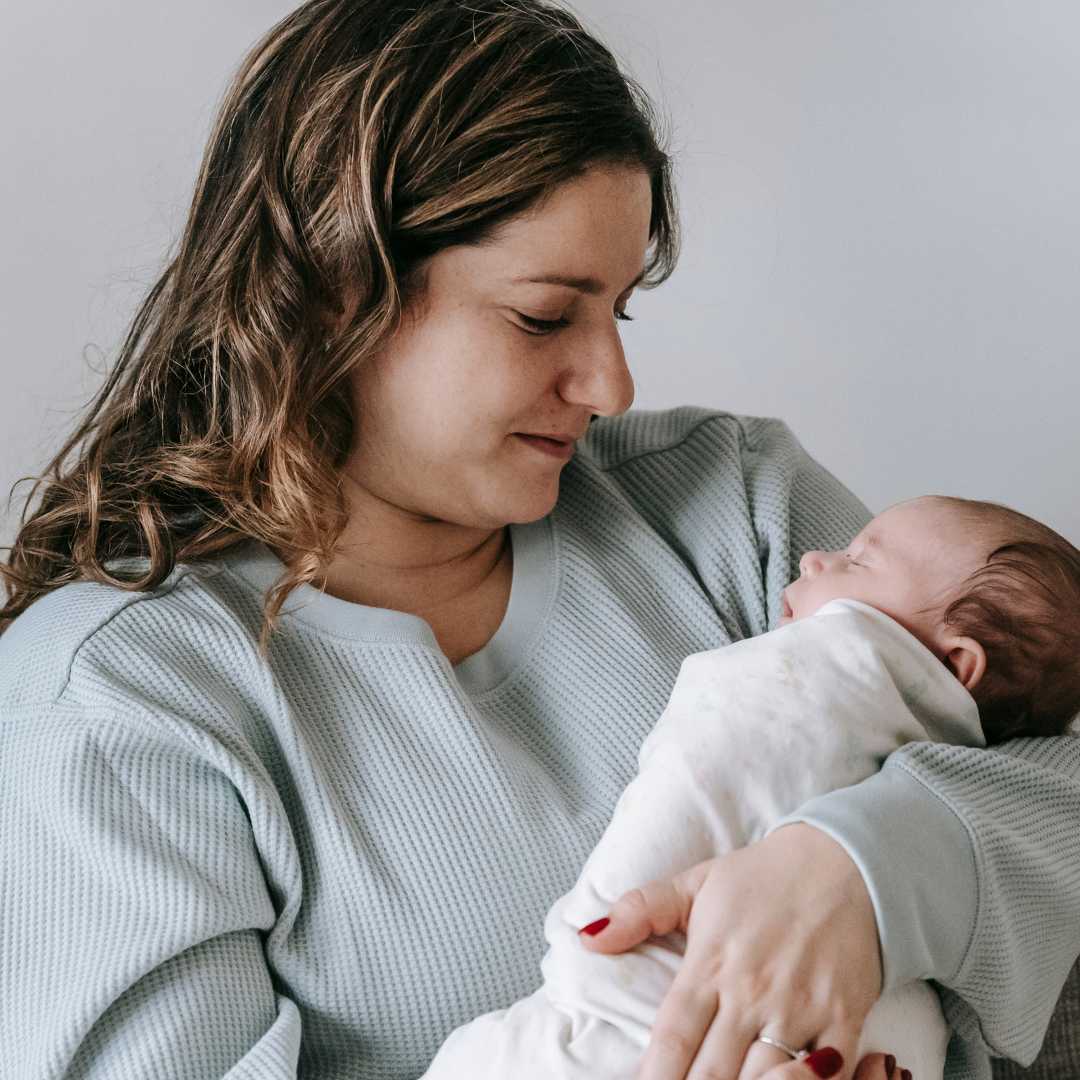
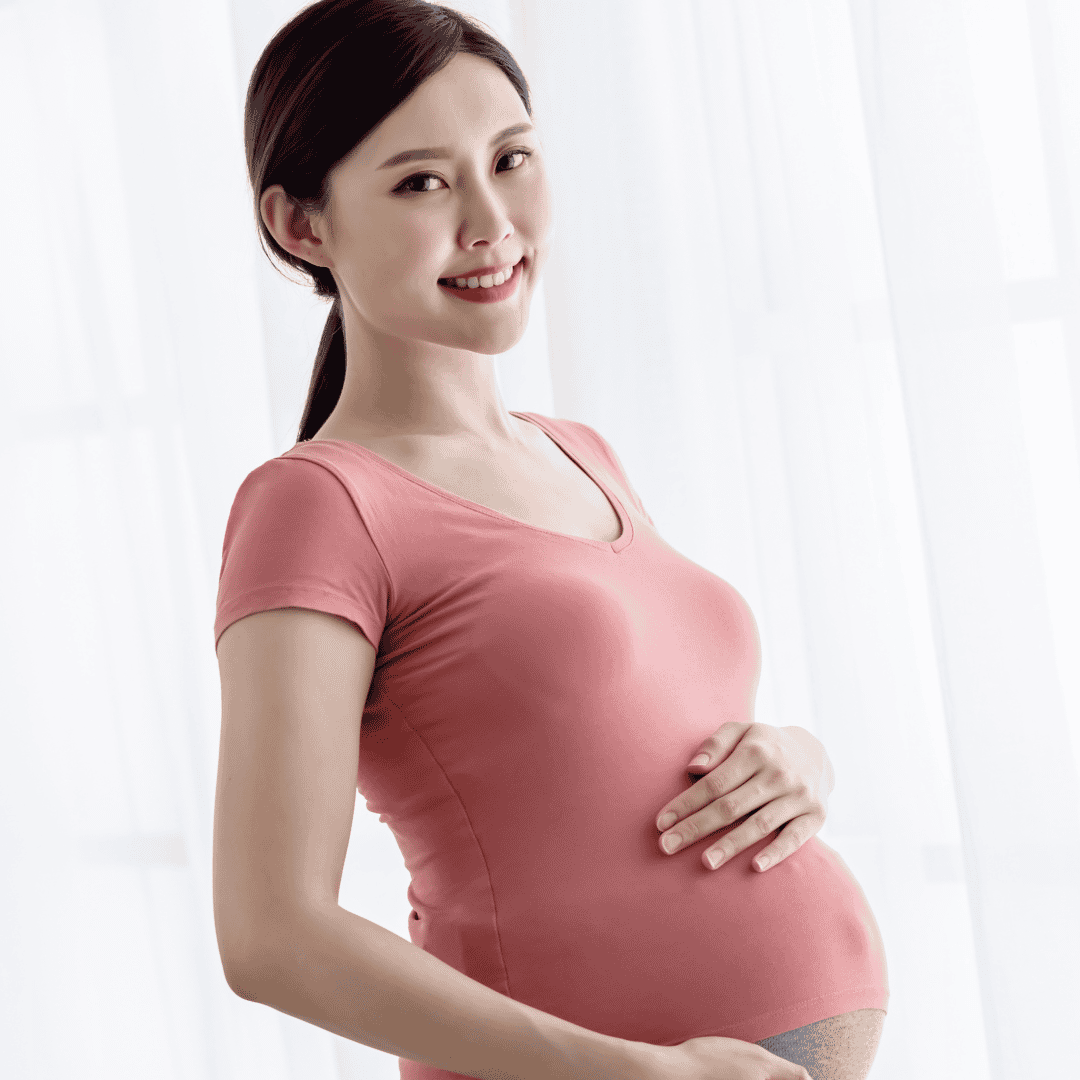

.png)
.png)
.png)
.png)
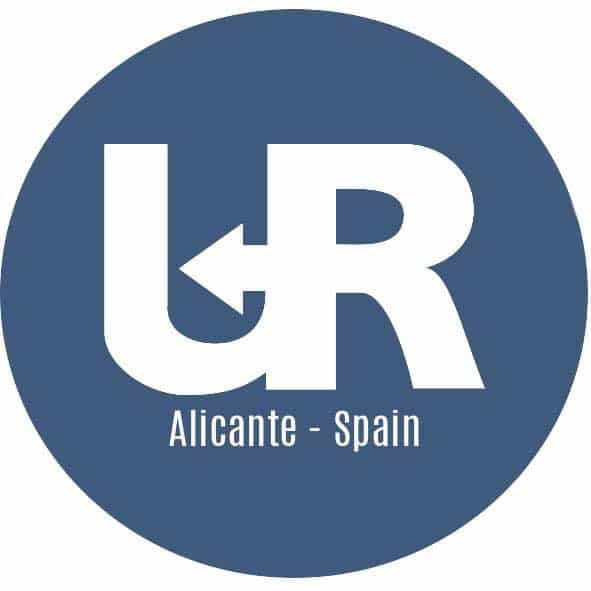
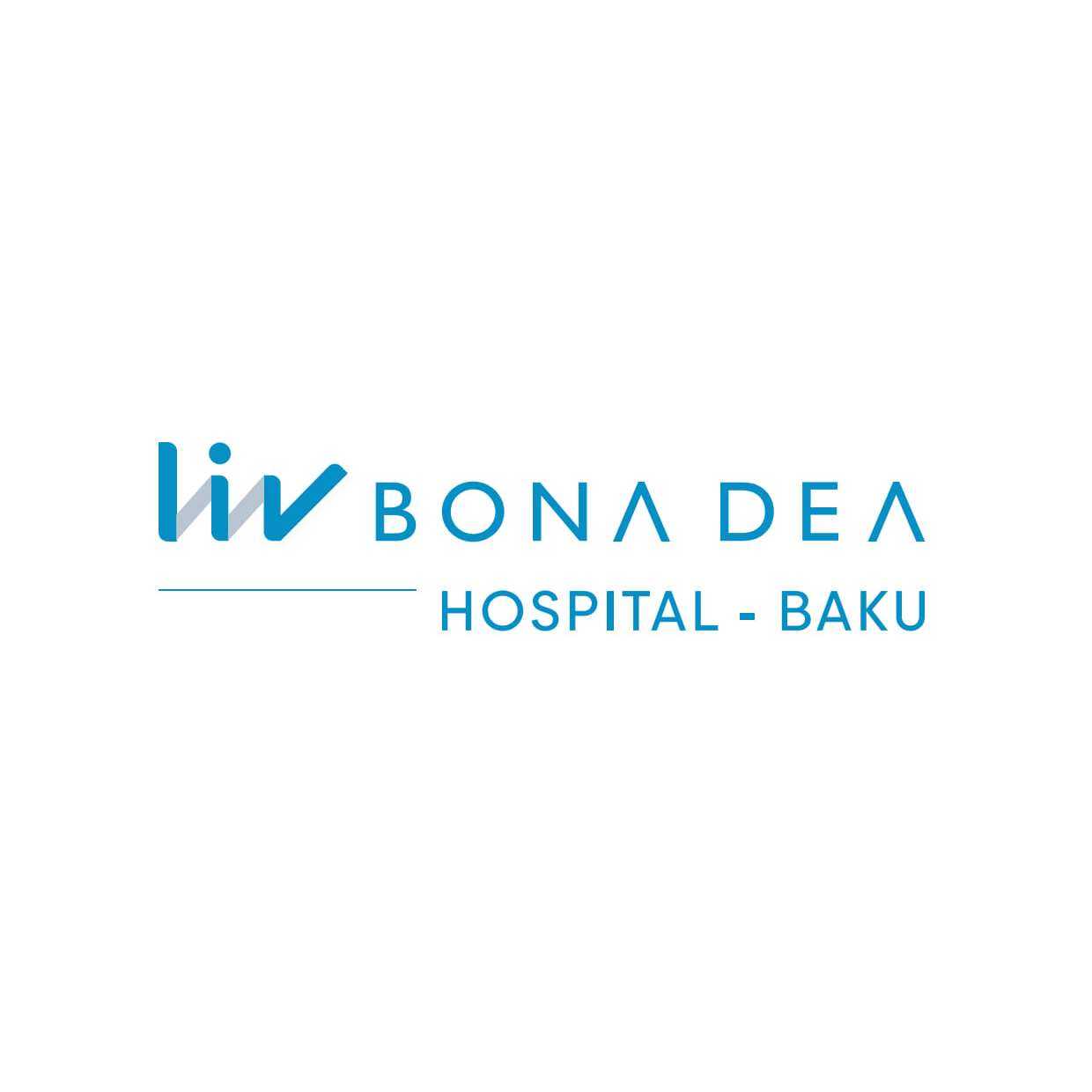
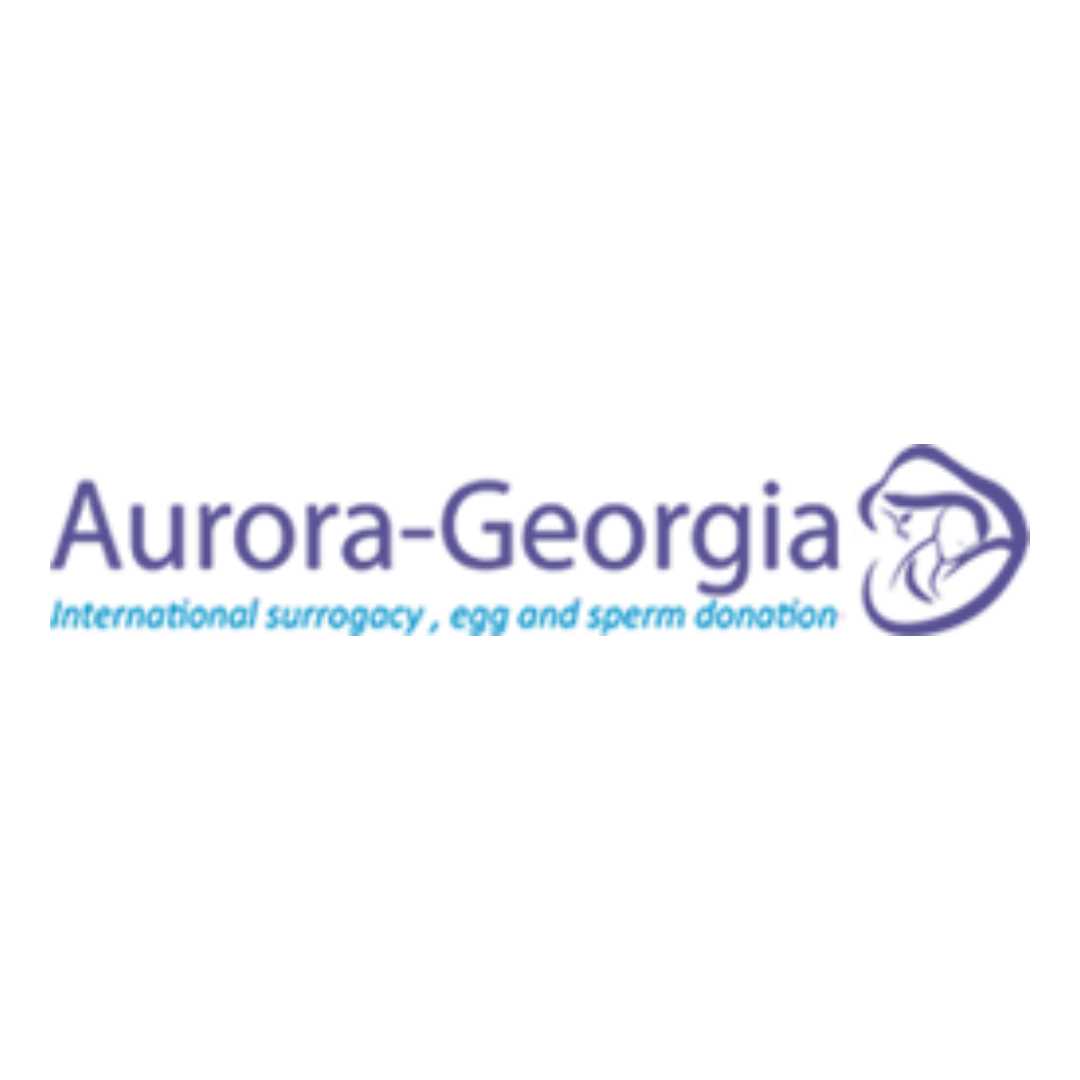


Share this listing